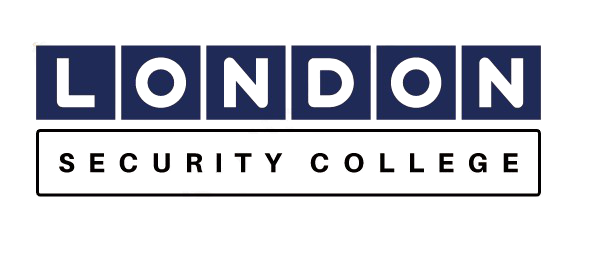Prompting, Escorting and Switching
Prompting = “Incite or move person to action”, “assist (hesitant person) with suggestion etc.,” “thing
said to help memory esp. of actor” (Oxford English Dictionary).
Use your arms and hands to show/direct the client in the way they should go. This should include
turning your body and making a movement in the appropriate direction. This involves no physical
contact and may defuse a situation before it requires any physical intervention. You may want to
prompt the client out of the building or to a safer place where their issue can be addressed.
When ‘prompting’ a person we should make effective use of good communication skills as well as
distance.
Only if it is safe to do so should we approach a subject to use any form of ‘physical’ prompt e.g. touching an elbow.
Escorting = Assisting the client to move in an agreed direction
Place your inner hand on the clients back and use your outer hand to hold their wrist. The hand on the back is there purely as a ‘prompt’ to encourage the subject to move.
No direct pressure is to be applied to the back or spine in any forceful or direct way. The hand on the
back is only a means of encouraging guidance.
Switching – Contact and Control
Switching is an extension of controlling manoeuvre that uses two members of staff.
This can be used when you are struggling to deal with the person and things are escalating to a
higher level. This moves the persons attention from you to the second staff member – you “switch”
roles.
Usually switching is initiated in one of two ways:
1. By inviting your colleague – by a pre-arranged signal
2. When it is clear that your colleague has become part of the problem, you need to change
places to stop the situation escalating
The end result will leave your colleague having eye contact with the person and you move to one
side. Your colleague will immediately adopt Open PALMS.

